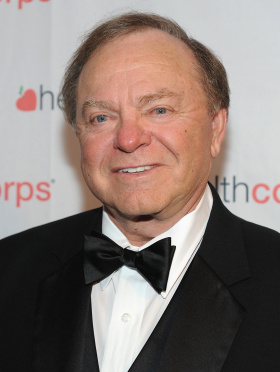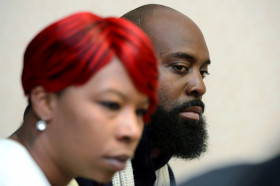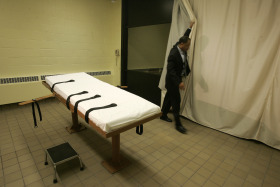
This high-stakes divorce case isn't over yet
The ex-wife of an oil magnate will appeal the divorce award of over $1 billion in cash and assets that she was handed this week, in one of the largest divorce cases in U.S. History, her lawyers said Thursday.
Attorneys for Sue Ann Hamm said the $995 million sum that her ex-husband, Continental Resources CEO Harold Hamm (worth an estimated $12.6 billion), was ordered to pay her was “not equitable,” according to Reuters. She was also allowed to keep additional assets, including homes in California and Oklahoma that are worth tens of millions of dollars.
Hamm, a lawyer and an economist, worked at Continental during parts of their 26-year marriage.
Continental Resources’ shares have fallen since the divorce proceedings began. Harold Hamm holds more than 68% of the company’s stock, a stake valued at around $13.5 billion today, but was worth $18 billion nine and a half weeks ago since the trial began. The appeals process could take months or even years.
[Reuters]





